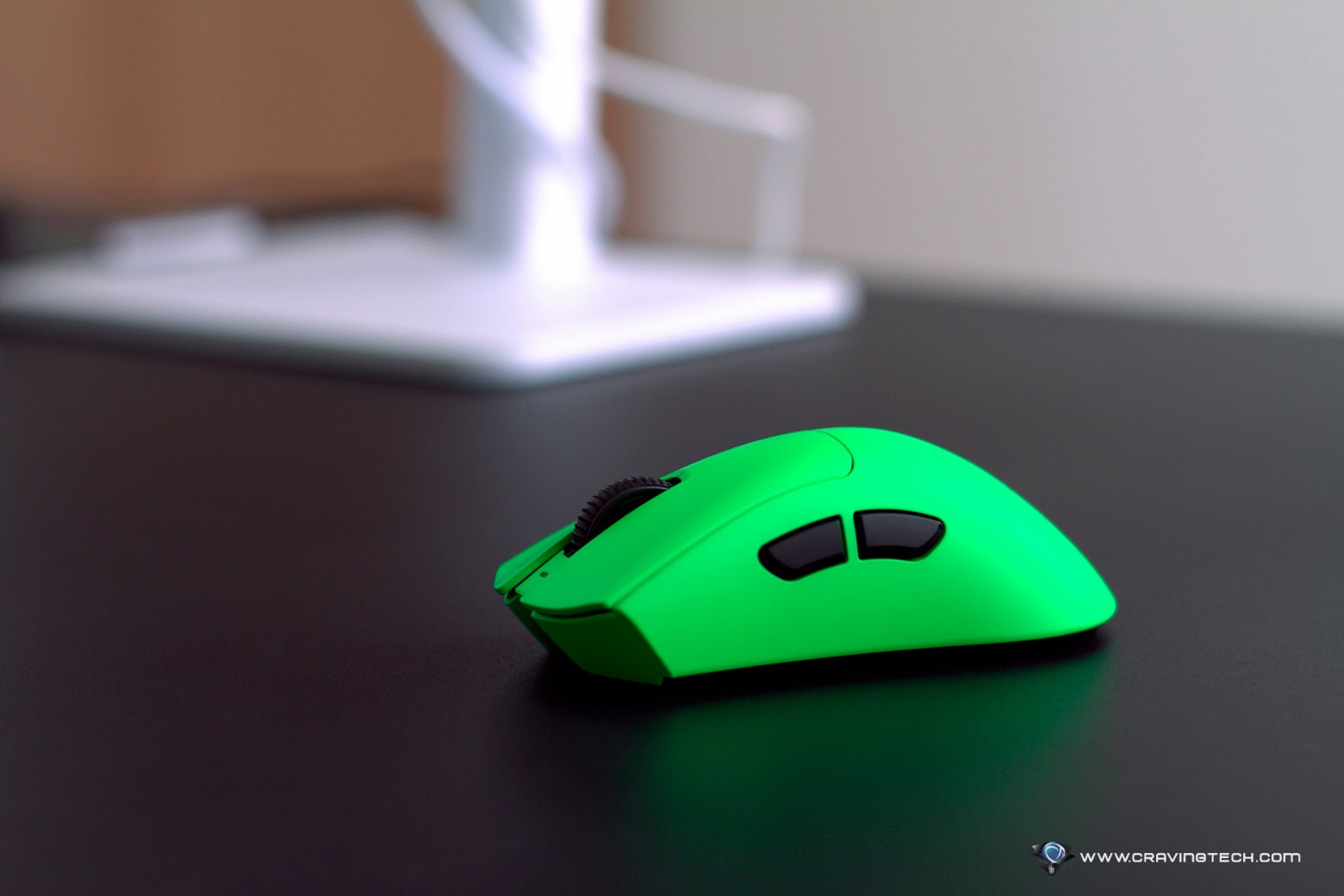
The future of TikTok in the US is in jeopardy as lawmakers debate national security issues about the Chinese parent company, ByteDance, amid rising hostilities. There is a cloud over the popular social media platform known for its short-form videos because of the recent passage of the “Protecting Americans From Foreign Adversary Controlled Applications Act” by the US House of Representatives.
House Approves TikTok Ban Bill: Essential Details Revealed
Concerns about user data security and the possible propagandistic use of TikTok’s algorithm are at the center of the discussion. A 2022 report contained allegations about ByteDance’s opaque data management procedures, raising concerns about the possibility that organizations with connections to the Chinese government could access and alter private data.
After passing the House with a resounding majority, the bill is now ready for Senate consideration, and President Biden has indicated that he is willing to support it. But while the Senate considers the ramifications of imposing such strict regulations on the widely used social media platform, the future is still unclear.
If the bill passes, TikTok will be at a crucial juncture. In one case, ByteDance might decide to sell off its stake in the company to keep the platform active in the US. If TikTok decides to challenge the ban, a drawn-out legal battle may result, adding to the already complicated situation.
TikTok has fiercely denied accusations of data mishandling in response to growing accusations, claiming strong security protocols and rejecting the proposed ban as baseless. According to the company, taking such a drastic step would not only negatively impact the lives of millions of users, but would also have a negative financial impact on businesses that depend on the platform for marketing and outreach.
Beyond its immediate ramifications, the possible prohibition highlights the geopolitical tensions between China and the United States, with technology emerging as a new front in their long-running competition. Furthermore, the result of this discussion may influence how international relations and social media regulation develop in the digital era.
Overall, a TikTok ban is a real possibility, and those involved are preparing for the potentially devastating effects. In an increasingly technologically advanced and geopolitically complex world, TikTok’s demise is a predictor of the complex interactions between national security interests and the global digital ecosystem.






